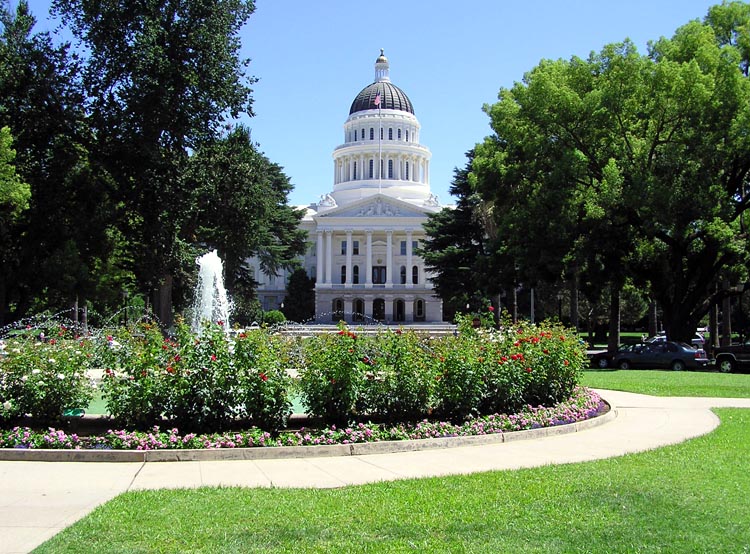July 18, 2012

The state of California is all but bankrupt – yet professional activists have figured out a way to send us even further into hock, with a costly food-labeling proposition that will appear on the ballot this November.
They want tens of thousands of common grocery-store items to carry special labels that indicate biotech ingredients.
The referendum may sound reasonable on the surface, but it’s really a big mistake. The labels would be an unnecessary waste of money, forcing Sacramento to scramble for new funds from sources nobody has identified and raising the price of everyone’s food bills. And it wouldn’t even improve food safety.
Late last month, Governor Jerry Brown and state lawmakers approved a $91 billion budget for California. It’s full of “risky assumptions,” as the headline of a Los Angeles Times news article put it on July 2. CalWatchdog, a Sacramento-based website, called it “a bogus budget using anticipated revenue from passage of hefty new taxes.”
The budget assumes that voters will approve a tax-hike initiative this November, raising the sales tax by a one-quarter of a cent and the income tax on top earners. If they don’t, public universities will lose hundreds of millions of dollars and law-enforcement agencies will lose tens of millions.
I don’t know if voters will choose to hike taxes or cut spending, but I’m certain of one thing: California is not in the financial position to take on a major new expense.
That’s precisely what the labeling initiative would be. Suddenly, the state would have to monitor the content of everybody’s food, just to make sure that the correct labels appeared on the right packages. Hiring a small army of bureaucrats to oversee proper enforcement would cost untold millions.
So would the lawsuits. Here’s what the nonpartisan California Legislative Analyst’s Office says about the fiscal impact of the initiative: “Unknown, but potentially significant, costs for the courts, the Attorney General, and district attorneys due to litigation resulting from possible violations to the provisions of this measure.”
Everybody wants to eat safe food, of course. If we have to pay a little extra, then so be it.
This takes smart regulations. The labeling proposition, however, would create a set of pointless ones.
We eat food with biotech ingredients every day. The vast majority of America’s corn and soybean crops are genetically modified to fight weeds and pests. Hawaii wouldn’t have a papaya industry but for a biotech innovation that allows papaya trees to resist the deadly ringspot virus.
Too many labels
Biotech food has received endorsements from countless governmental and scientific groups, from the U.S. Food and Drug Administration to the United Nations Food and Agriculture Organization to the American Medical Association. They all say it’s perfectly safe to eat, and no different from non-biotech food. It’s utterly conventional.
What’s more, consumers who want to avoid biotech food, for whatever reason, already can do so: They simply need to select products that are labeled organic.
If food companies were forced to change their packaging to conform with special rules that apply only to items sold in California, the cost of food production would rise. The companies would pass on these costs to consumers. Trips to the grocery store would become a bit more expensive, all for the sake of labels we don’t even need.
Our society already has too many labels. In California, every gas pump carries a label that warns about the toxicity of what we put into our vehicles. Nobody reads them. They are in fact worse than useless because they create cynicism about the very idea of labels, encouraging us to ignore them all, even the ones we do need.
A number of years ago, Oregonians considered an initiative similar to the one we’ll see on the California ballot. When voters studied the details–and saw an economic analysis that suggested the average family would pay hundreds of dollars in additional food costs–they rejected the plan.
Californians should to the same in 2012. A costly and ineffective labeling law would be a bad idea in the best of times, let alone at a time when our state risks going from broke to broker.
Ted Sheely raises lettuce, cotton, tomatoes, wheat, pistachios, wine grapes and garlic on a family farm in the California San Joaquin Valley. He volunteers as a board member for Truth About Trade and Technology www.truthabouttrade.org.
You May Also Like




